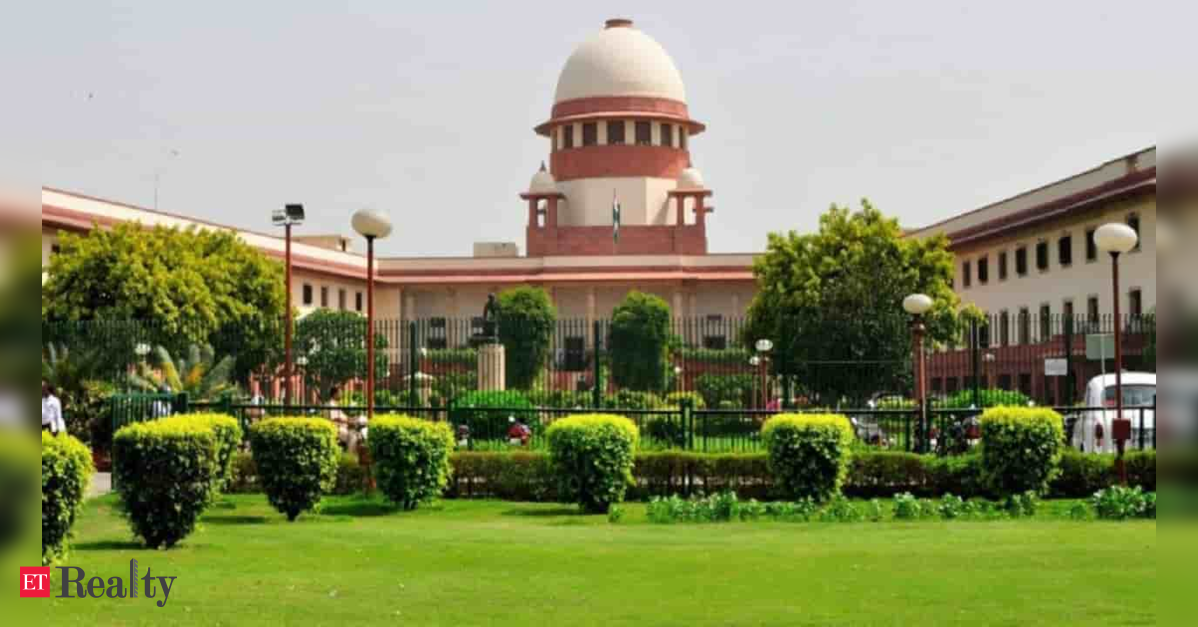
HYDERABAD: The Telangana Real Estate Regulatory Authority (TGRERA) is set to bolster the regulatory framework in the real estate sector by establishing its own enforcement mechanism for ensuring adherence to its orders.
In response to ongoing delays by non-compliant builders and developers, TGRERA now enables district collectors to enforce the Revenue Recovery Act (RRA) and utilize specific civil court powers. This represents a significant transition from a passive regulatory approach to active enforcement.
An executive director, likely from the revenue department, will lead the new enforcement unit, supported by a specialized team dedicated to executing TGRERA’s directives.
“TGRERA is aligning with initiatives from states like Maharashtra, Gujarat, Haryana, Uttar Pradesh, and Tamil Nadu,” stated TGRERA chairman N Satyanarayana. “The Union ministry of housing and urban affairs has also provided guidelines for these enforcement mechanisms,” he added.
Previously, TGRERA relied on district collectors to enforce its orders by invoking the RRA, particularly in cases requiring the attachment of assets. However, enforcement has been sluggish due to the administrative duties of collectors.
Currently, when TGRERA or its appellate tribunal issues an order, parties involved are given 30 to 60 days for compliance. Should they fail to comply, the aggrieved party must return to TGRERA and file an ‘execution petition’, which prompts action from the district administration.
As of now, there are 96 execution petitions pending, involving cases related to property transfers, penalty payments, and completion of stalled projects. In some cases, flat buyers are obliged to make payments to developers as per tribunal rulings.
To mitigate these delays, the state government has amended the Telangana Real Estate (Regulation and Development) Rules, 2017, granting TGRERA direct enforcement authority for the recovery of dues and penalties.
The recent amendments also streamline the process for recovering interest, penalties, and compensation owed to buyers or developers. Moreover, the definition of ‘ongoing projects’—developments still in progress that have not yet received occupancy or completion certificates—has been revised to include projects launched before 2017 under regulatory oversight.
Previously, the government set January 1, 2017, as the cut-off date for ‘ongoing projects’ in its initial order, while the official rules indicated May 1, 2017, as the benchmark. The new amendment ensures that all relevant projects initiated after TGRERA’s implementation in 2016 are effectively regulated.




